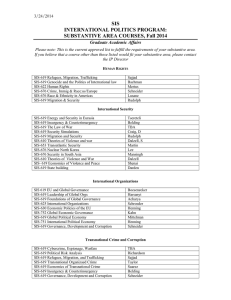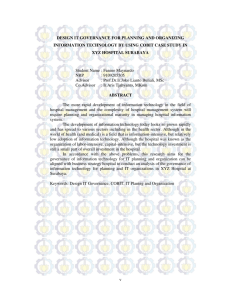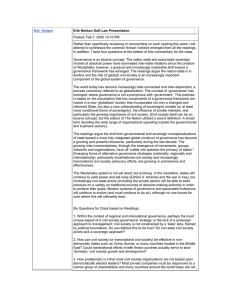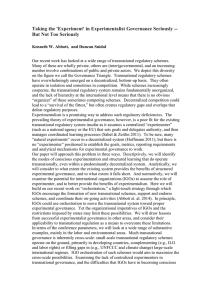course outline “introduction to international law”
advertisement
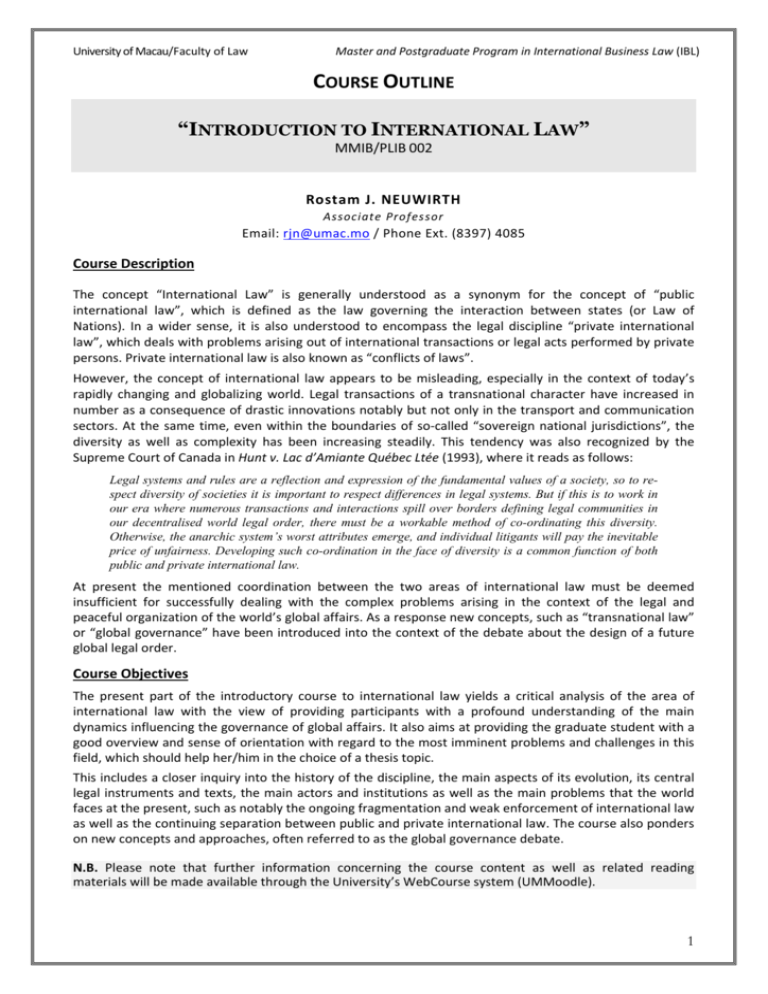
University of Macau/Faculty of Law Master and Postgraduate Program in International Business Law (IBL) COURSE OUTLINE “INTRODUCTION TO INTERNATIONAL LAW” MMIB/PLIB 002 Rostam J. NEUWIRTH Associate Professor Email: rjn@umac.mo / Phone Ext. (8397) 4085 Course Description The concept “International Law” is generally understood as a synonym for the concept of “public international law”, which is defined as the law governing the interaction between states (or Law of Nations). In a wider sense, it is also understood to encompass the legal discipline “private international law”, which deals with problems arising out of international transactions or legal acts performed by private persons. Private international law is also known as “conflicts of laws”. However, the concept of international law appears to be misleading, especially in the context of today’s rapidly changing and globalizing world. Legal transactions of a transnational character have increased in number as a consequence of drastic innovations notably but not only in the transport and communication sectors. At the same time, even within the boundaries of so‐called “sovereign national jurisdictions”, the diversity as well as complexity has been increasing steadily. This tendency was also recognized by the Supreme Court of Canada in Hunt v. Lac d’Amiante Québec Ltée (1993), where it reads as follows: Legal systems and rules are a reflection and expression of the fundamental values of a society, so to respect diversity of societies it is important to respect differences in legal systems. But if this is to work in our era where numerous transactions and interactions spill over borders defining legal communities in our decentralised world legal order, there must be a workable method of co-ordinating this diversity. Otherwise, the anarchic system’s worst attributes emerge, and individual litigants will pay the inevitable price of unfairness. Developing such co-ordination in the face of diversity is a common function of both public and private international law. At present the mentioned coordination between the two areas of international law must be deemed insufficient for successfully dealing with the complex problems arising in the context of the legal and peaceful organization of the world’s global affairs. As a response new concepts, such as “transnational law” or “global governance” have been introduced into the context of the debate about the design of a future global legal order. Course Objectives The present part of the introductory course to international law yields a critical analysis of the area of international law with the view of providing participants with a profound understanding of the main dynamics influencing the governance of global affairs. It also aims at providing the graduate student with a good overview and sense of orientation with regard to the most imminent problems and challenges in this field, which should help her/him in the choice of a thesis topic. This includes a closer inquiry into the history of the discipline, the main aspects of its evolution, its central legal instruments and texts, the main actors and institutions as well as the main problems that the world faces at the present, such as notably the ongoing fragmentation and weak enforcement of international law as well as the continuing separation between public and private international law. The course also ponders on new concepts and approaches, often referred to as the global governance debate. N.B. Please note that further information concerning the course content as well as related reading materials will be made available through the University’s WebCourse system (UMMoodle). 1
